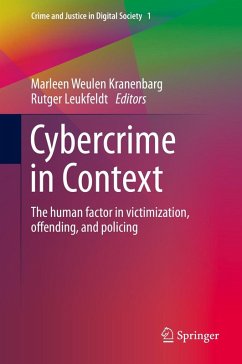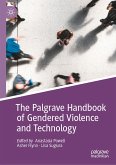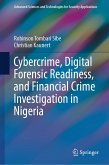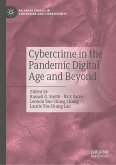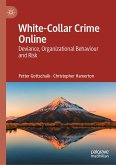This book is about the human factor in cybercrime: its offenders, victims and parties involved in tackling cybercrime. It takes a diverse international perspective of the response to and prevention of cybercrime by seeking to understand not just the technological, but the human decision-making involved.
This edited volume represents the state of the art of research on the human factor in cybercrime, addressing its victims, offenders, and policing. It originated at the Second annual Conference on the Human Factor in Cybercrime, held in The Netherlands in October 2019, bringing together empirical research from a variety of disciplines, and theoretical and methodological approaches.
This volume will be of particular interest to researchers and students in cybercrime and the psychology of cybercrime, as well as policy makers and law enforcement interested in prevention and detection.
- Interdisciplinary perspectives on the human factor in cybercrime;
- Addresses victims, offenders, and policing of cybercrime;
- Developed from research from the annual Human Factor in Cybercrime conference.
Dieser Download kann aus rechtlichen Gründen nur mit Rechnungsadresse in A, B, BG, CY, CZ, D, DK, EW, E, FIN, F, GR, HR, H, IRL, I, LT, L, LR, M, NL, PL, P, R, S, SLO, SK ausgeliefert werden.

